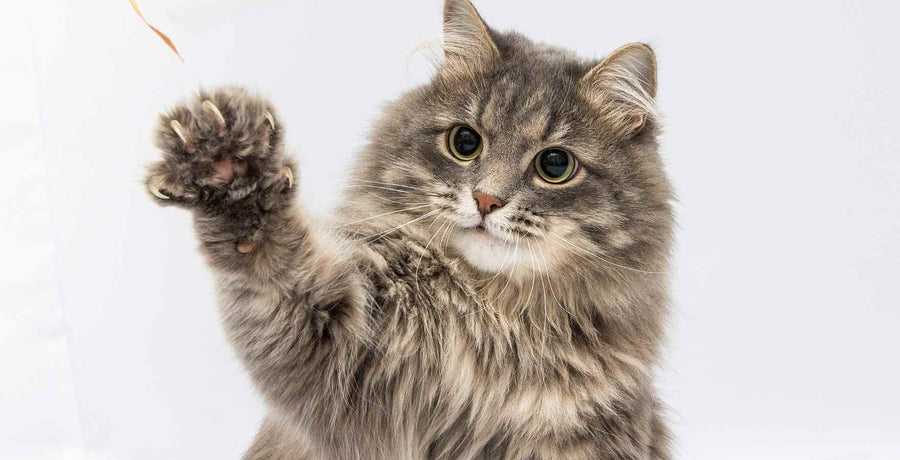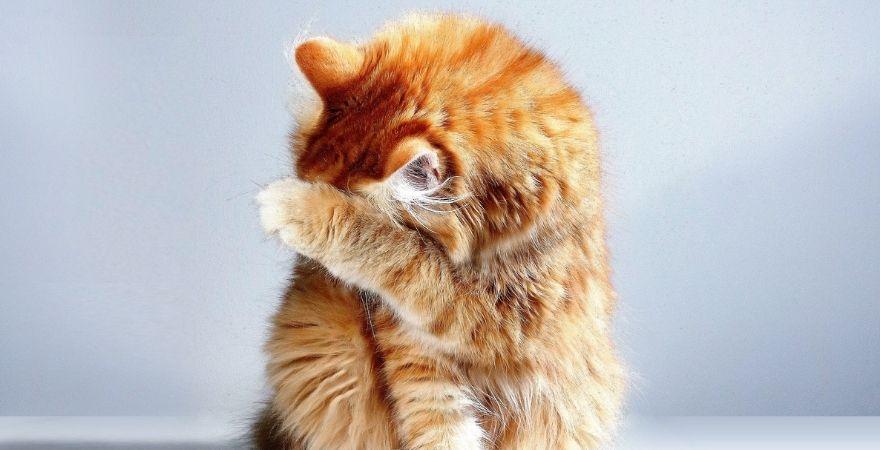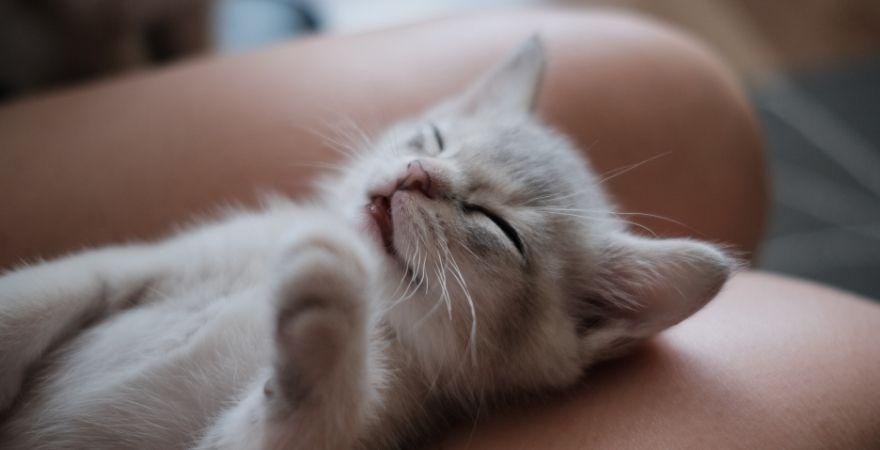
If your fur ball has just been diagnosed with CKD don’t panic. Despite the condition being progressive, it is not a death sentence. In fact, with the correct treatment, your cat will go on to enjoy many more happy years with you and your family.
Following your vets diagnosis, you’ll probably be in the process of deciding the best course of treatment for your cat. And it’s at this stage where you’ll ask yourself…
“How can I give my cat the best quality of life?”
Luckily this question has many answers! You see, with CKD being such a common condition amongst cats, there’s been a lot of research in the best methods to treat and control the illness.
So, to give you one less worry during this stressfull period, we have outlined three simple steps that will help you give your furball the best quality of life possible:
1. Keep regular dialogue with your cat’s vet
Most likely, your vet has already given you the run down on CKD and has even suggested some treatment options. However, don’t be afraid the pick up the phone, or book another appointment if you have any other questions. That’s what they are there for!
Remember, your cats vet is an expert who has treat this condition countless times. So listen and take on board their advice. However, it should also be noted that if you do not agree or are concerned with any of the treatment suggested by your vet, let them know. Ask to discuss this with them as there are multiple methods for treating CKD.
Don’t be afraid the pick up the phone, or book another appointment if you have any other questions. That’s what they are there for!
2. Choose your treatment plan
Depending on the stage of your cat’s CKD, they may not require medication. Which we’re sure for many of you will be a relief. Not only do we not like pumping our pet full of chemicals, many cat’s will out-right refuse to take any medication.
There are a number of ways in which you can help treat your cat’s CKD without the use of medication, including:
1) Diet - Putting your cat on a diet to support the health of their kidneys is one of the quickest and easiest ways to improve their quality of life. In fact research has shown that cats with CKD who went on a prescription diet double their life expectancy, compared with cats on a standard cat food.
2) Water – Dehydration is a common symptom of CKD and one that can have severe implications for your cat. Which is why the simple act of ensuring your cat has access to plenty of water could help to improve their overall health. Don’t forget - cats prefer to drink from full water bowls, or even better, running water.
3. Monitor your cats condition

As you know CKD is a progressive condition. And although it is very possible to increase your cat’s life expectancy by a number of years, it can only be done if you attend regular checkups at the vet.
It is advised that cats with CKD in a stable position should attend veterinary appointments at least once a month. Here, your cats vet will check their overall health and for any new, developing issues. This will help you to provide the best possible care for your cat.
During the initial stages of your cats CKD diagnosis it is likely that you are feeling at a loss as to how you are going to ensure the best quality of life for your cat. However, for majority of cats, once their treatment plan is stabilised the condition is far easier to treat, control and monitor, helping your cat feel comfortable and happy, whilst giving you peace of mind.
Hope this helps!



